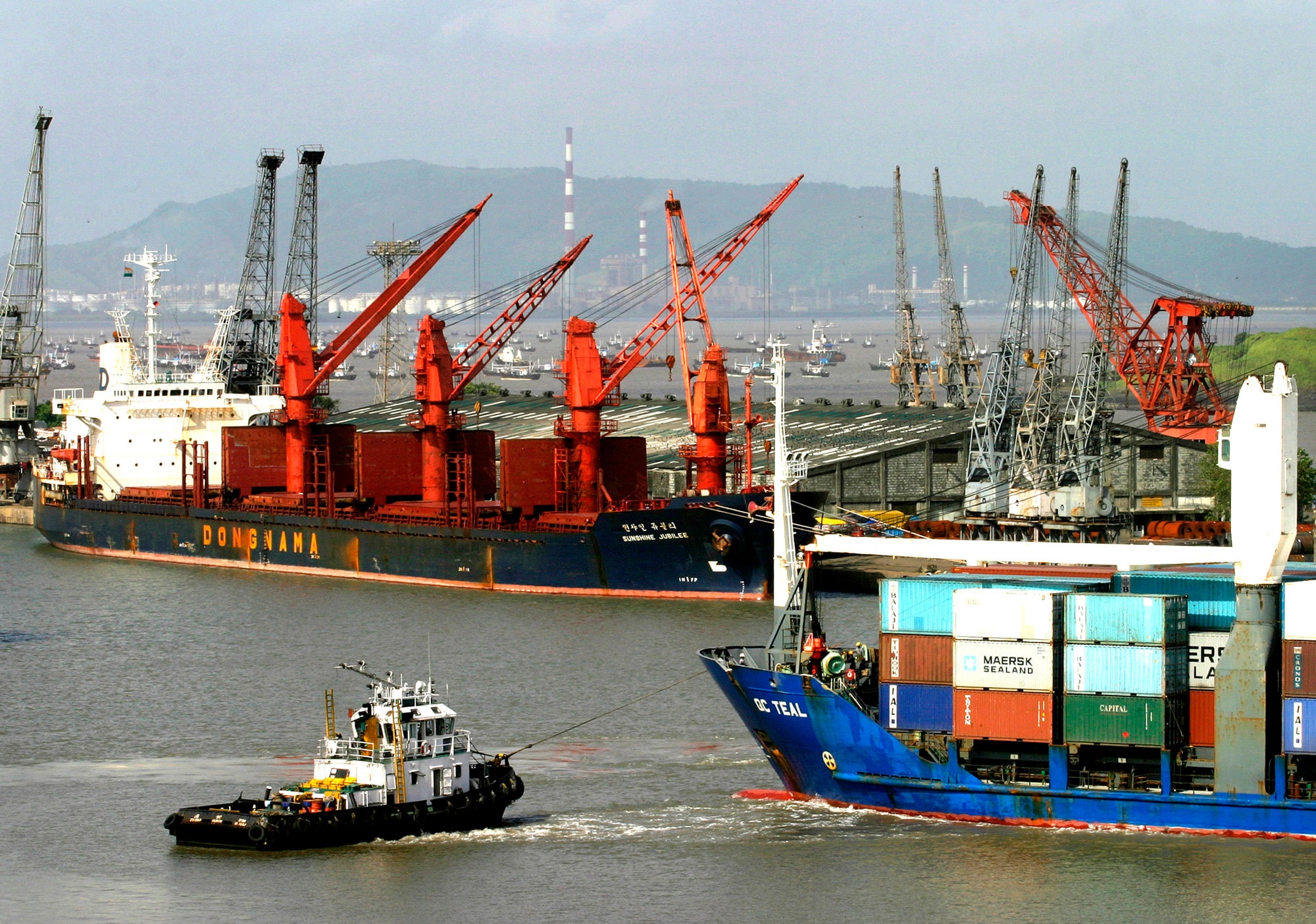India’s 4-Pillar Approach to Strengthen Shipbuilding, Maritime Financing, and Domestic Capacity

- 30 Sep 2025
In News:
In a major push to revive India’s maritime and shipbuilding sector, the Union Cabinet approved a ?69,725 crore package (September 2025) anchored on a comprehensive 4-Pillar Approach. The initiative aims to transform India into a global hub for shipbuilding and shipping services, enhance maritime self-reliance, and contribute to the vision of Aatmanirbhar Bharat.
Background
India’s maritime sector supports 95% of the nation’s trade by volume and 70% by value, making it a critical pillar of economic and strategic security. Recognized as the “mother of heavy engineering industries,” shipbuilding plays a pivotal role in employment generation, technological innovation, and defence capability. The new package seeks to address long-standing gaps in financing, infrastructure, and capacity to strengthen domestic shipyards and maritime logistics.
Objectives
- Expand domestic shipbuilding capacity to 4.5 million Gross Tonnage (GT) by 2036.
- Generate nearly 30 lakh employment opportunities.
- Mobilize ?4.5 lakh crore in investments.
- Build resilient maritime supply chains ensuring national, energy, and food security.
- Advance India’s position as a competitive and sustainable maritime economy.
The Four Pillars of the Package
1. Shipbuilding Financial Assistance Scheme (SBFAS)
- Extended till: 31 March 2036
- Corpus: ?24,736 crore
- Purpose: Incentivize shipbuilding within India by providing financial support to Indian shipyards.
- Key Feature: Introduction of a Shipbreaking Credit Note worth ?4,001 crore to encourage sustainable ship recycling and capacity utilization.
2. Maritime Development Fund (MDF)
- Corpus: ?25,000 crore
- Components:
- Maritime Investment Fund: ?20,000 crore, with 49% Government of India participation.
- Interest Incentivization Fund: ?5,000 crore to reduce the cost of borrowing and improve project bankability.
- Objective: Provide long-term financing for shipbuilding, port infrastructure, and related logistics services.
3. Shipbuilding Development Scheme (SbDS)
- Outlay: ?19,989 crore
- Aim: Expand India’s domestic shipbuilding capacity and support mega shipbuilding clusters.
- Key Features:
- Establishment of the India Ship Technology Centre under the Indian Maritime University (IMU).
- Support for greenfield and brownfield shipyards.
- Insurance and risk coverage for shipbuilding projects.
- Focus on skill development and adoption of advanced shipbuilding technologies.
4. National Shipbuilding Mission and Reforms
- A National Shipbuilding Mission will coordinate implementation and monitor outcomes of all initiatives under the package.
- Focus areas include:
- Taxation, legal, and policy reforms to streamline procedures.
- Capacity enhancement through modern shipyard development.
- Human resource and skill training to strengthen India’s maritime workforce.
- Promotion of green and sustainable shipbuilding practices aligned with global standards.
Expected Impact
- Unlock 4.5 million GT of annual shipbuilding capacity.
- Create nearly 30 lakh direct and indirect jobs across the maritime ecosystem.
- Boost investment inflows of ?4.5 lakh crore into ports, shipyards, and allied industries.
- Enhance strategic autonomy and reduce dependence on foreign shipbuilders.
- Strengthen geopolitical resilience, ensuring continuity of India’s trade, energy, and food supply chains during global disruptions.
- Foster innovation, sustainability, and competitiveness in line with “Make in India” and “Blue Economy” objectives.
